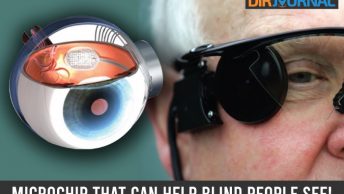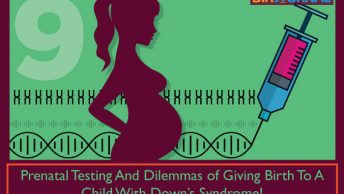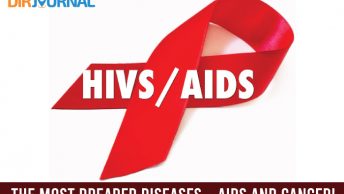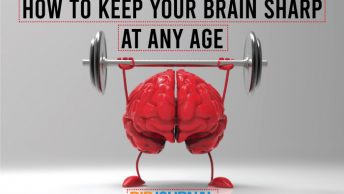With the huge number of baby boomers aging as well as the overall lengthening of the average human life span, we are encountering considerably more medical conditions and diseases than in previous generations. The medical community is struggling to keep up with the intense number of new diagnoses every day. From allergies to rare disorders, there is always something new and troubling in medicine.
What’s Your Diagnoses?
It is rare to find someone that doesn’t have some form of diagnoses. Doctors in pediatrics are identifying more and more children suffering from ADHD or Autism and adults are being screened for sleep disorders and genetic conditions. Some of the classic diagnoses, such as cardiovascular disorders are still found in increasing numbers, but newer items including gynecologic disorders are becoming more common as well.
Popular Conditions
One definition of popular means well liked. Only a select few individuals enjoy being ill, but another definition is something in the mainstream. If a lot of people have it, it is popular. This is certainly the case for mental health disorders. It is great that doctors are taking patient woes more seriously now than in the past, but with the huge number of people now suffering from anxiety, depression and attention disorders, it does make you wonder if the symptom net is cast too widely.
In the past, the majority of the population was reasonably healthy with the exception of the common cold or seasonal allergies. Now, more adults have some sort of condition than not. The rare household has only aspirin in the medicine cabinet; it is far more common to see countless numbers of prescription pill bottles and creams.
Why the Fuss?
It doesn’t matter a great deal who has what illness, but it does reflect a sad truth of our society. We are either getting unhealthier, or some doctors are getting overzealous in diagnoses. There are proponents for both arguments, but most seem to come out in the middle. Yes, the stress and additional years of our lives make us a bit unhealthier, and yes, some doctors probably should prescribe diet and exercise before pills for many patients, but for others, having a diagnoses and the treatment it entails insures a quality of life otherwise not possible. In this case, the good definitely outweighs the bad.












